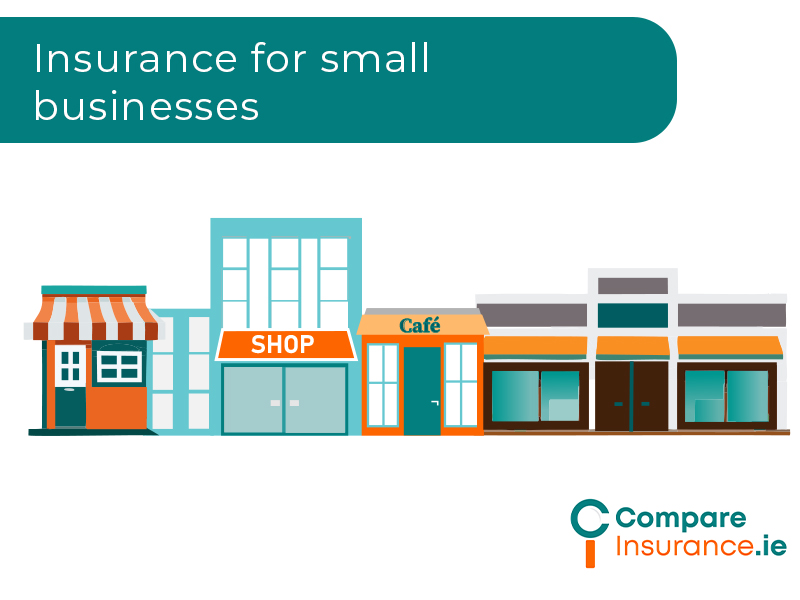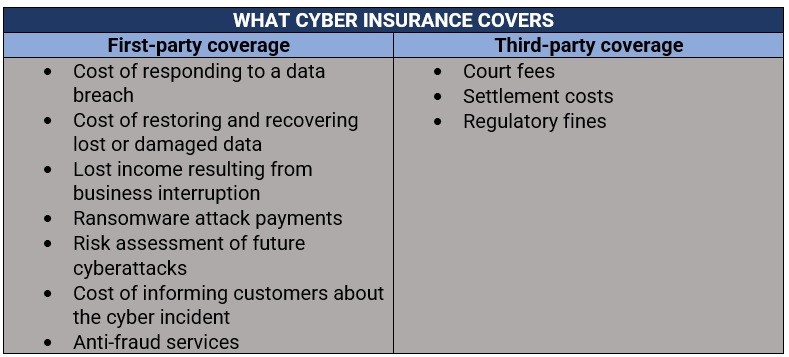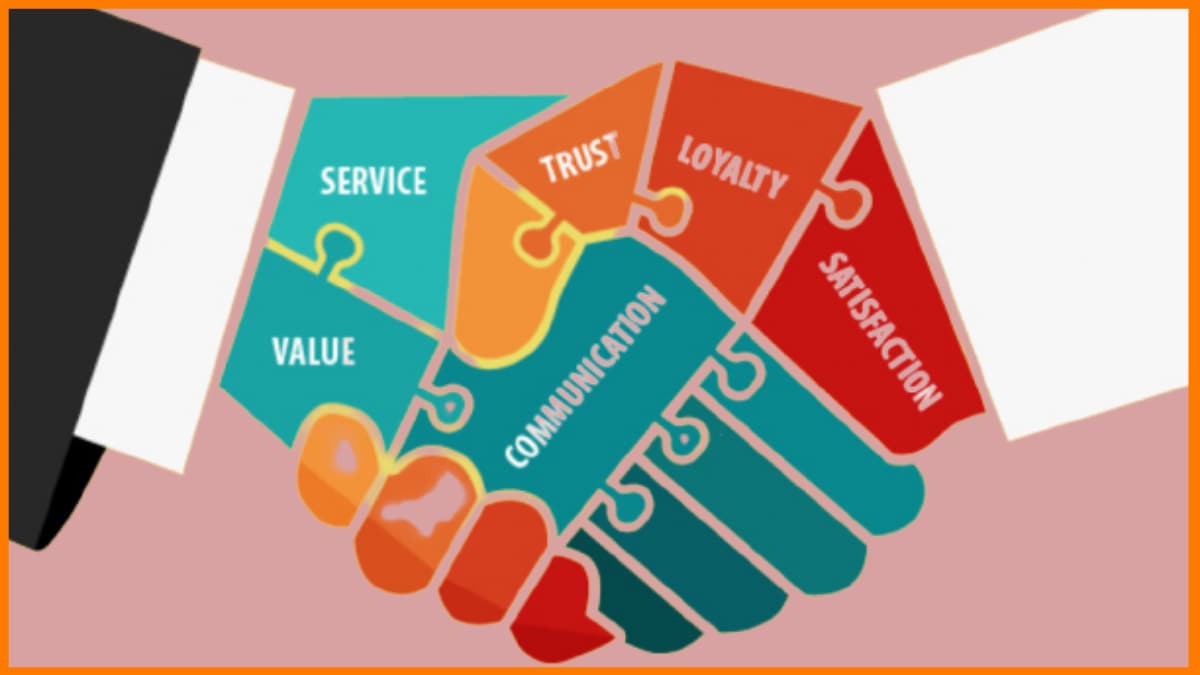When it comes to protecting small businesses, incident insurance coverage plays a vital role. From unexpected events to potential financial impacts, this type of insurance can be a lifesaver for entrepreneurs. Let's delve into the world of incident insurance and explore why it's a must-have for small businesses.
Importance of Incident Insurance Coverage
Incident insurance coverage is essential for small businesses to protect themselves from unexpected events that could result in financial losses or legal liabilities.
Examples of Incidents Covered by Insurance
- Natural disasters such as floods, fires, or earthquakes
- Accidents resulting in property damage or bodily injury
- Lawsuits from customers or employees
Potential Financial Impact of Not Having Incident Insurance
Without incident insurance, small businesses risk facing significant financial burdens that could lead to bankruptcy or closure. The costs of repairing damages, settling lawsuits, or compensating for losses out of pocket can be overwhelming.
How Incident Insurance Protects Small Businesses
- Provides financial coverage for property damage or injuries
- Offers legal support and coverage for lawsuits
- Ensures business continuity by mitigating financial risks
Types of Incident Insurance Policies

When it comes to incident insurance policies for small businesses, there are several types to consider. Each type offers different coverage and benefits, so it's essential to understand the options available before making a decision.
General Liability Insurance
General liability insurance is a foundational policy that covers a broad range of incidents that could result in bodily injury, property damage, or advertising injury. This type of policy is crucial for small businesses as it provides protection against lawsuits and financial losses resulting from accidents or negligence.
Property Insurance
Property insurance covers damage to physical assets such as buildings, equipment, inventory, and furniture. This type of policy is essential for businesses that own or lease property, as it can help cover the costs of repairs or replacement in the event of a covered incident like fire, theft, or vandalism.
Business Interruption Insurance
Business interruption insurance helps small businesses recover lost income and cover ongoing expenses in the event of a temporary closure due to a covered incident. This type of policy can be a lifesaver for businesses that rely on continuous operations to generate revenue.
Workers' Compensation Insurance
Workers' compensation insurance is mandatory in most states and provides coverage for employees who are injured or become ill while on the job. This type of policy helps cover medical expenses, lost wages, and legal fees related to workplace injuries.
Professional Liability Insurance
Professional liability insurance, also known as errors and omissions insurance, protects small businesses from claims of negligence or inadequate work. This type of policy is essential for businesses that provide professional services or advice, such as consultants, lawyers, or accountants.
Factors to Consider When Choosing an Incident Insurance Policy
- The nature of your business and the risks it faces
- The size of your business and its revenue
- Legal requirements and industry regulations
- The cost of premiums and deductibles
- The coverage limits and exclusions of each policy
- The reputation and financial stability of the insurance provider
Each type of incident insurance policy has its own unique features and benefits, so it's crucial for small businesses to carefully evaluate their needs and risks before selecting the right coverage. By choosing the appropriate policies, businesses can protect themselves from unforeseen incidents and safeguard their financial stability.
Coverage Limits and Deductibles

Understanding the concept of coverage limits and deductibles is essential when it comes to incident insurance for small businesses. These elements play a crucial role in determining the extent of protection provided by an insurance policy and the financial responsibilities of the insured in case of an incident.
Coverage Limits
Coverage limits refer to the maximum amount an insurance company will pay out for a covered claim. For example, if a small business has a general liability insurance policy with a coverage limit of $1 million per occurrence, the insurance company will not pay more than $1 million for a single claim.
It is important for businesses to carefully assess their potential risks and choose coverage limits that adequately protect their assets and operations.
Deductibles
Deductibles are the amount of money that the insured must pay out of pocket before the insurance company starts to cover the remaining costs of a claim. For instance, if a small business has a property insurance policy with a $1,000 deductible and experiences a covered loss of $5,000, the business owner would need to pay the $1,000 deductible, and the insurance company would cover the remaining $4,000
Choosing a higher deductible can lower insurance premiums but also increase out-of-pocket expenses in the event of a claim.
Impact on Insurance Premiums
Coverage limits and deductibles directly impact the cost of insurance premiums. Higher coverage limits and lower deductibles generally result in higher premiums, as the insurance company assumes more risk. On the other hand, lower coverage limits and higher deductibles can reduce premiums but may leave the business more vulnerable to financial losses in the event of a claim.
Finding the right balance between coverage limits, deductibles, and premiums is crucial for small businesses to manage their insurance costs effectively.
Determining Appropriate Coverage
Small businesses should consider their financial situation, risk tolerance, and specific needs when determining appropriate coverage limits and deductibles. Conducting a thorough risk assessment and seeking guidance from insurance professionals can help businesses make informed decisions. It is important to strike a balance between adequate protection and affordability to ensure that the insurance policy meets the business's requirements without causing financial strain.
Claims Process for Incident Insurance

When a small business experiences an incident that is covered by their insurance policy, it is crucial to understand the claims process to ensure a smooth and successful resolution. Filing a claim for incident insurance involves several steps and requires specific information and documentation to support the claim.
Steps Involved in Filing a Claim
- Contact your insurance provider immediately after the incident to report the claim.
- Provide detailed information about the incident, including the date, time, location, and nature of the damage or loss.
- Submit any relevant documentation, such as police reports, photos, or witness statements, to support your claim.
- Cooperate with any investigations or assessments conducted by the insurance company to determine the validity of the claim.
- Keep detailed records of all communication and interactions with the insurance company throughout the claims process.
Information and Documentation Required
- Proof of loss, such as invoices, receipts, or estimates for repairs or replacements.
- Any relevant contracts or agreements related to the incident.
- Contact information for any third parties involved in the incident.
- Medical records or reports if the incident resulted in injuries.
- Any other documentation requested by the insurance company to support the claim.
Common Pitfalls to Avoid
- Delaying the reporting of the claim, which can lead to complications or denial of coverage.
- Providing incomplete or inaccurate information, which may result in delays or disputes with the insurance company.
- Failing to follow up on the status of the claim or provide additional information as requested.
Tips for Streamlining the Claims Process
- Keep detailed records of the incident, including photos, videos, and written descriptions.
- Communicate clearly and promptly with your insurance provider to ensure a timely resolution.
- Work with a trusted insurance agent or broker who can help navigate the claims process and advocate on your behalf.
- Review your insurance policy regularly to understand your coverage limits and obligations in the event of a claim.
Conclusion
In conclusion, incident insurance coverage for small businesses is not just a safety net but a strategic investment. By understanding the importance of various policies, coverage limits, and the claims process, businesses can be better equipped to navigate unforeseen challenges.
Stay informed, stay protected.
Quick FAQs
What types of incidents are typically covered by insurance for small businesses?
Incidents such as property damage, liability claims, and business interruptions are commonly covered by insurance policies for small businesses.
How do coverage limits and deductibles affect insurance premiums?
Higher coverage limits and lower deductibles usually lead to higher premiums, while lower coverage limits and higher deductibles can result in lower premiums. It's important to strike a balance based on the specific needs of the business.
What are some common pitfalls to avoid during the claims process?
Avoid delays in reporting incidents, provide accurate information and documentation, and be wary of potential claim denials due to policy violations. Being proactive and thorough can help streamline the process.



